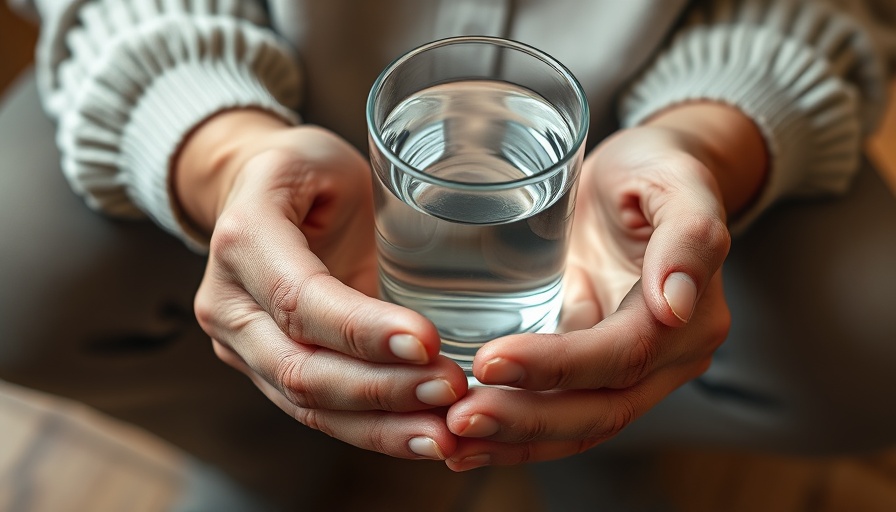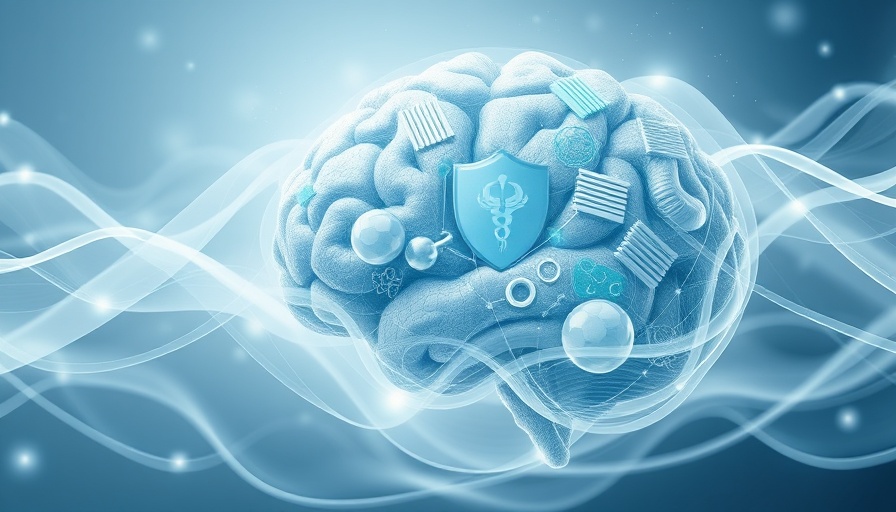
Understanding the Importance of Hydration in Older Adults
As we age, staying hydrated becomes increasingly crucial for our overall health. Dehydration can lead to serious complications, especially in older adults. Recognizing the signs and symptoms, as well as implementing effective strategies for hydration, is essential. This article explores how to prevent, detect, and treat dehydration among elderly populations.
Why Are Older Adults More Susceptible to Dehydration?
Older adults face unique challenges when it comes to maintaining proper hydration. Over time, the body’s natural signals for thirst diminish, making it harder to recognize when additional fluids are needed. Furthermore, conditions such as diabetes, dementia, chronic illness, or medication side effects may limit fluid intake. Mobility issues also add another layer of difficulty. Those residing in assisted living facilities may find accessing fluids dependent on staff availability, which can hinder consistent hydration.
Recognizing Symptoms of Dehydration
Identifying the signs of dehydration is crucial for early intervention. Common symptoms include dry mouth, decreased urine output, fatigue, confusion, and dizziness. In its severe form, dehydration may lead to urinary tract infections (UTIs) or other serious health concerns. Families should closely monitor their loved ones for these indicators to act swiftly.
Practical Strategies for Increasing Fluid Intake
Here are some effective methods to help older adults stay hydrated:
- Offer fluids frequently: Provide water or preferred beverages on a schedule rather than waiting until someone is thirsty.
- Encourage variety: Introducing a range of liquids, from water to soups and herbal teas, can make hydration more appealing.
- Limit large quantities: Older individuals often do better with smaller, more frequent servings rather than expecting them to consume large amounts at once.
- Address incontinence concerns: If urinary incontinence is a worry, addressing it through proper medical channels can alleviate some anxiety around drinking.
- Utilize reminders: Systems like visual reminders or mobile applications can encourage and prompt regular fluid intake.
The Role of Caffeine in Hydration
Concerns regarding caffeine consumption often arise when discussing hydration levels. Some believe that coffee and tea contribute to dehydration; however, moderate intake of caffeinated beverages can still contribute to overall fluid consumption. Studies show that the diuretic effects of caffeine are minimal, suggesting that these drinks do not significantly detract from hydration levels.
Addressing Non-Physical Barriers to Hydration
Beyond physical challenges, emotional factors can also inhibit an older adult's willingness to drink enough fluids. Social isolation or a lack of motivation to drink might stem from feelings of loneliness. Proactive measures, such as spending social time with loved ones during meal times, can support better hydration habits. Additionally, caregivers or family members should strive to create an environment where asking for drinks is encouraged and supported.
Final Thoughts on Preventing Dehydration
Preventing dehydration in older adults is not solely about ensuring they drink more water. It encompasses understanding their unique challenges and working collaboratively with them to develop a hydration strategy. Through emotional support, practical advice, and an awareness of the symptoms associated with dehydration, families can significantly improve the quality of life for their elderly loved ones.
Let’s make hydration a priority as we care for our aging populations.
 Add Row
Add Row  Add
Add 




Write A Comment